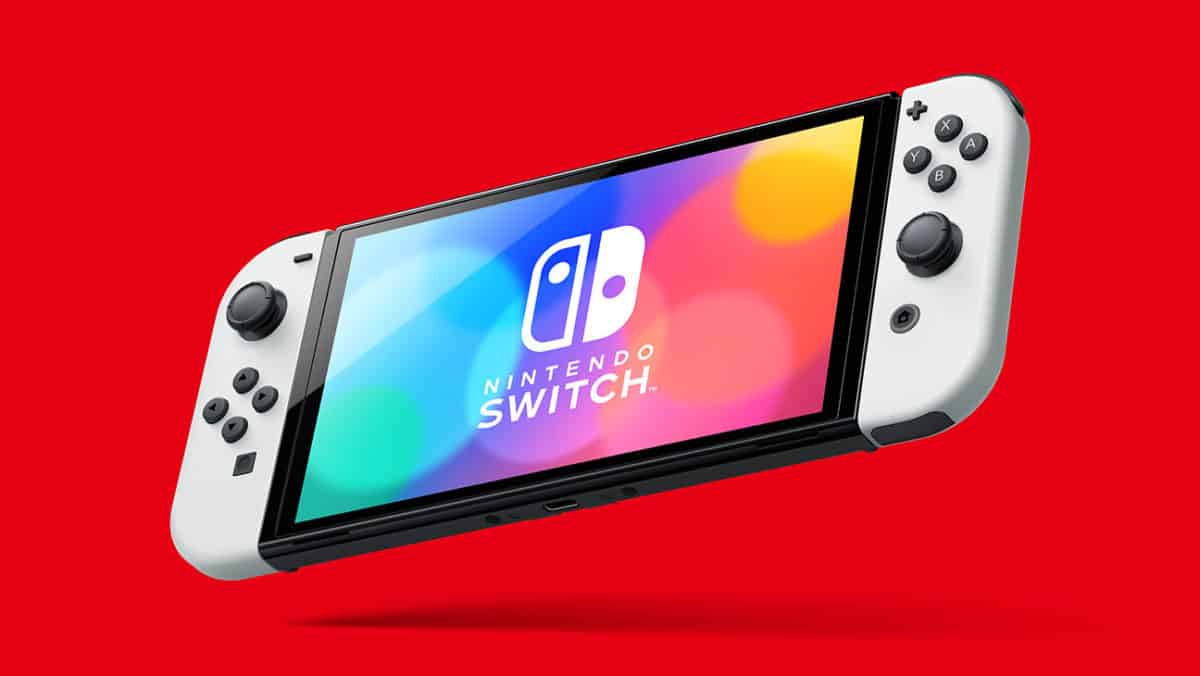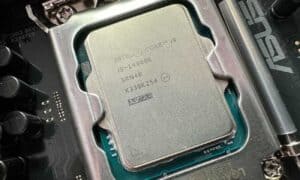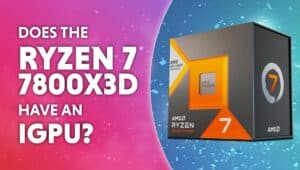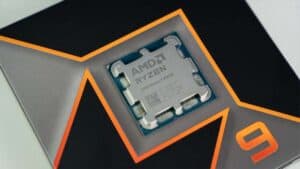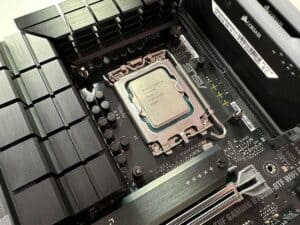What CPU is equivalent to Nintendo Switch? Answered
Finding a CPU which can match the Nintendo Switch shouldn't be difficult
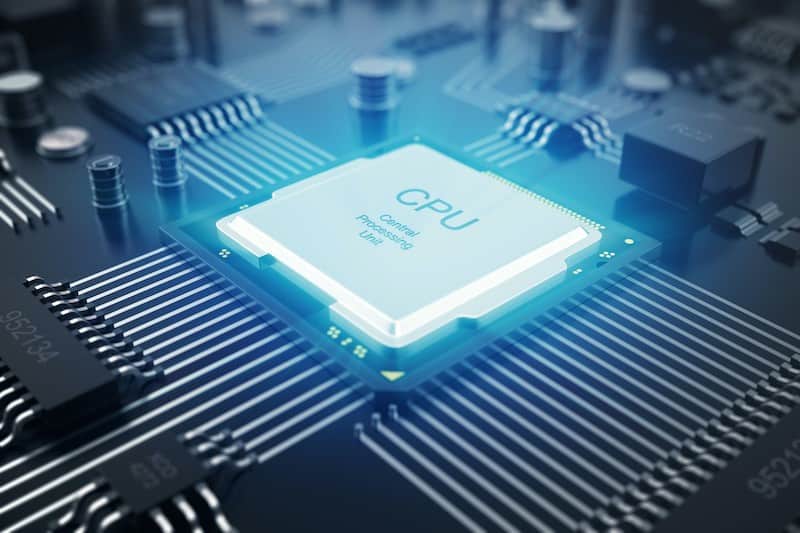
WePC is reader-supported. When you buy through links on our site, we may earn an affiliate commission. Prices subject to change. Learn more
The Nintendo Switch was released in 2017 and has become a household name over the years. The portable, energy-efficient console offers you the ability to enjoy your favorite games on the go. Today, we’re talking about the CPU equivalent of the Nintendo Switch. If you’re after something more powerful than the Nintendo Switch, check out the best CPUs for gaming – where we’ve picked out the best of the best.
What CPU does the Nintendo Switch use?
The Nintendo Switch uses a custom ARM-based processor from Nvidia. These CPUs are designed for mobile devices and compromise performance for greater power efficiency. According to Nintendo’s official website, the Switch uses an Nvidia custom Tegra processor in both the standard and Pro models. Device teardowns reveal to us that this is a Tegra X1 CPU with some modifications.
Tegra X1 specs:
- 8 cores (4x ARM Cortex-A72 @ 1.5 GHz and 4x ARM Cortex-A57 @ 1.9 GHz)
- 2 MB L2 cache
- 15 W TDP
However, in the Switch’s case, the core clocks are locked at a measly 1.02GHz, likely to further reduce power usage down from 15 Watts. Additionally, not all of the CPU cores are utilized. The Switch utilizes only the 4 Cortex A-57 cores for processing. A single A-72 cores is used by the operating system, whereas the other 3 A-72 cores remain inactive. As you can probably tell, the Nintendo Switch’s processor is incredibly weak.
What CPU is equivalent to the Nintendo Switch’s CPU?
Determining the CPU equivalent to the Switch’s processor is quite simple in this case – it would be the 4 Core Cortex A57, the part of the Tegra X1 that the Switch utilizes, albeit at a toned-down clock speed. The Cortex A57 mobile microprocessor was launched in 2012, and mobile technology has since advanced. Any mobile processor that’s built on 4 Cortex A57 cores will offer comparable CPU performance to the Nintendo Switch.
Unfortunately, because of the Switch’s rather odd CPU setup, it’s difficult to acquire an equivalent processor these days. A PC processor that would come pretty close to replicating the specs of the Switch’s CPU is the Intel Celeron 7305E. A 4 core, 5 thread processor with a clock speed of 1GHz. Of course, this is only serviceable for light workloads such as browsing. You can’t game on a Celeron 1GHz processor on PC.
Bare minimum for desktop gaming

Intel Core i3-10100F
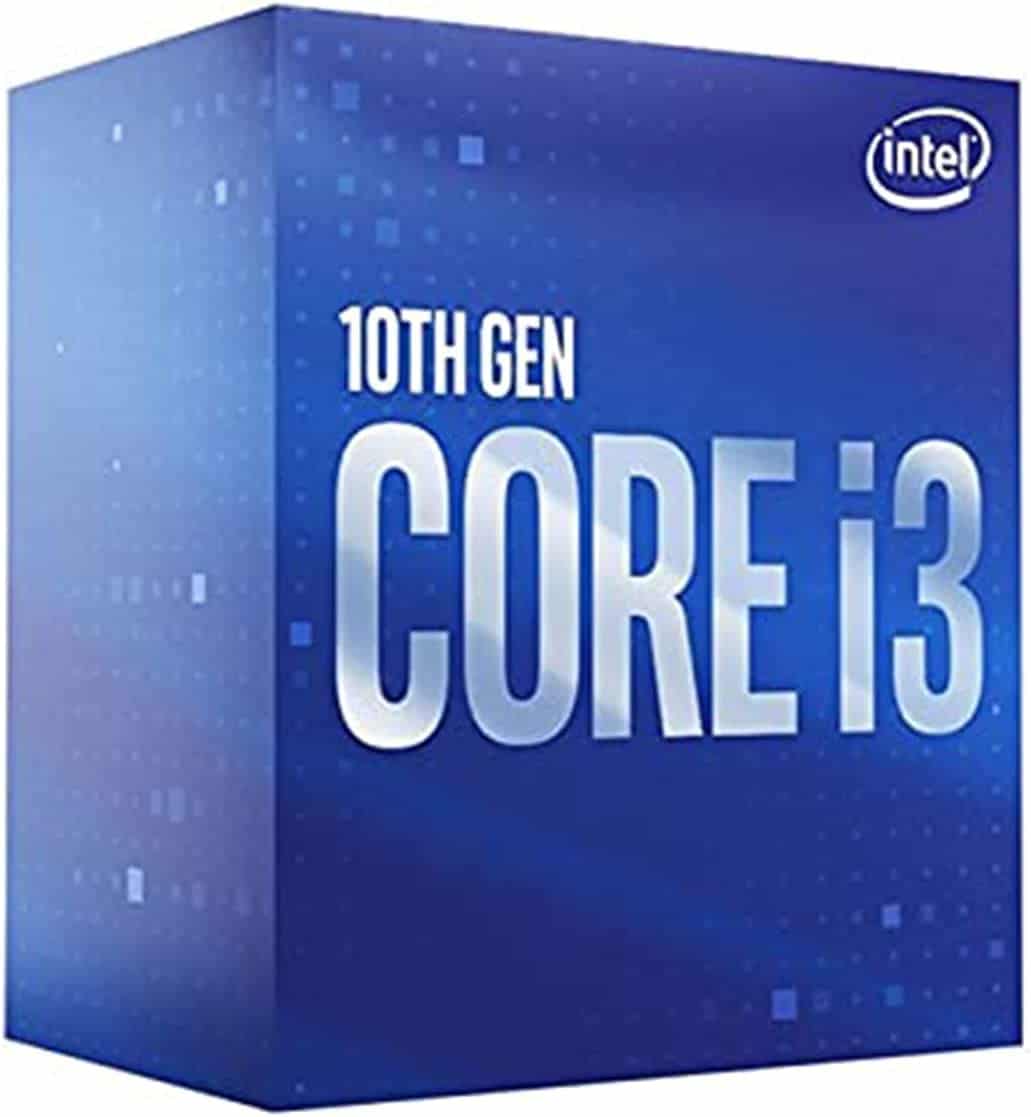
Brand
Intel
CPU Model
Core i3
Cores (Threads)
4 (8)
CPU Speed
3.6 GHz
CPU Socket
LGA 1200
If you intend to play games at all, the bare minimum for desktop gaming in this day and age would be the Intel Core i3-10100F, a CPU you can find for under $100. Of course, this processor is many times stronger than the Switch, but it doesn’t make any sense to go for anything weaker for a desktop PC. It’s also worth noting that games have been optimised for the Switch, so it’s not just about raw power.
How does Nintendo Switch’s CPU compare to the Steam Deck’s?
The Steam Deck can be considered to be a portable console, much like the Switch – although it’s more akin to a handheld computer. You may have been wondering how the two compare. And, well, the Nintendo Switch is completely outmatched. Unlike the Switch, the Steam Deck has an incredibly powerful processor if you size it up by mobile standards. The Steam Deck features a 4-core, 8-thread AMD Zen 2 processor capable of boosting to a clock speed of 3.5GHz. Those specs are almost equivalent to the Ryzen 7 1700, Ryzen 5 1500X, or the Core i7-860, three of the earliest consumer-grade desktop processors by AMD and Intel.

